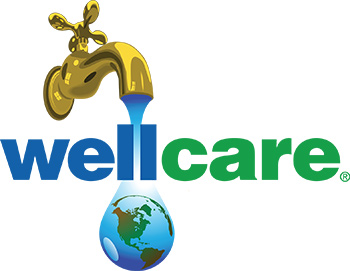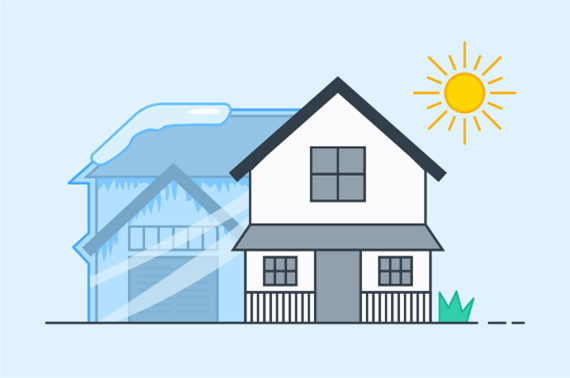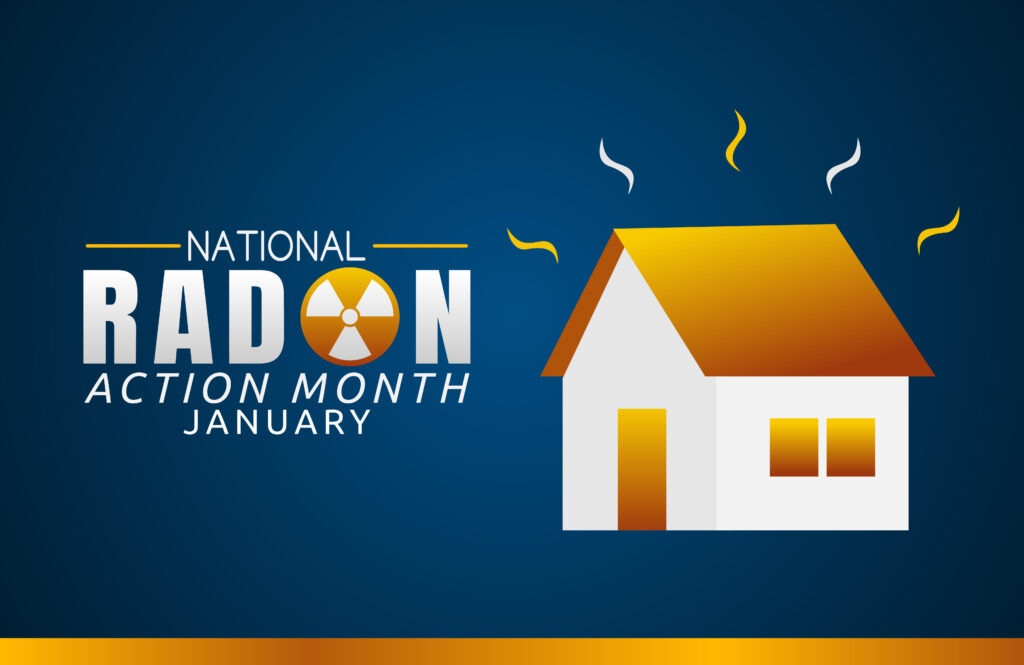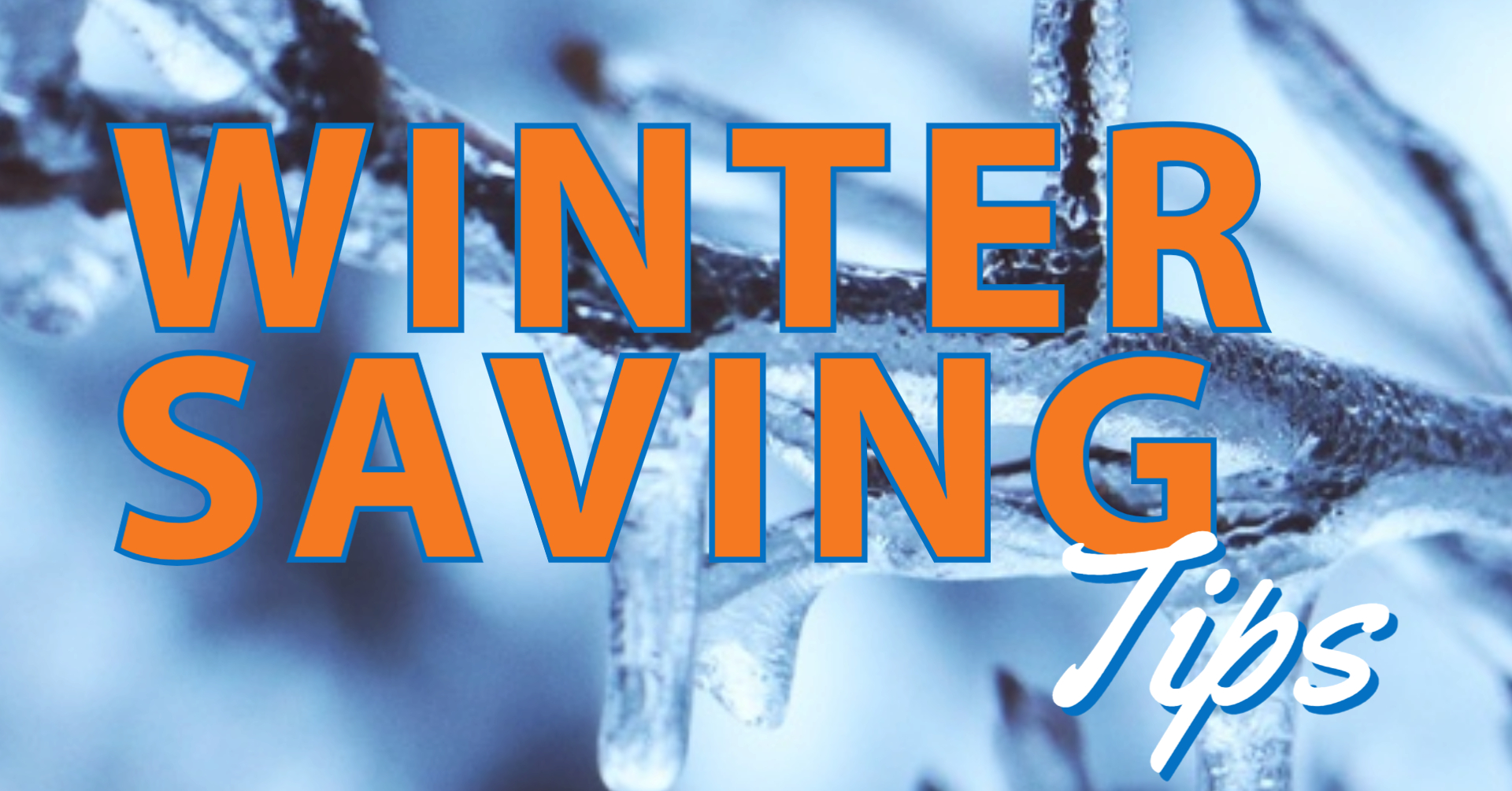When your home is supplied by a private well system, there are additional steps that need to be taken in order to de-winterize your well components. WSC recommends contacting a licensed well contractor to perform the de-winterization process. If you have a plumber that de-winterizes your home, confirm they are also certified in water wells. If you must de-winterize on your own, there are some important things you need to know.
Month: January 2022
January is National Radon Action Month
|
Conserve to Get Ahead of the Curve: Winter Water Savings Tips
|



